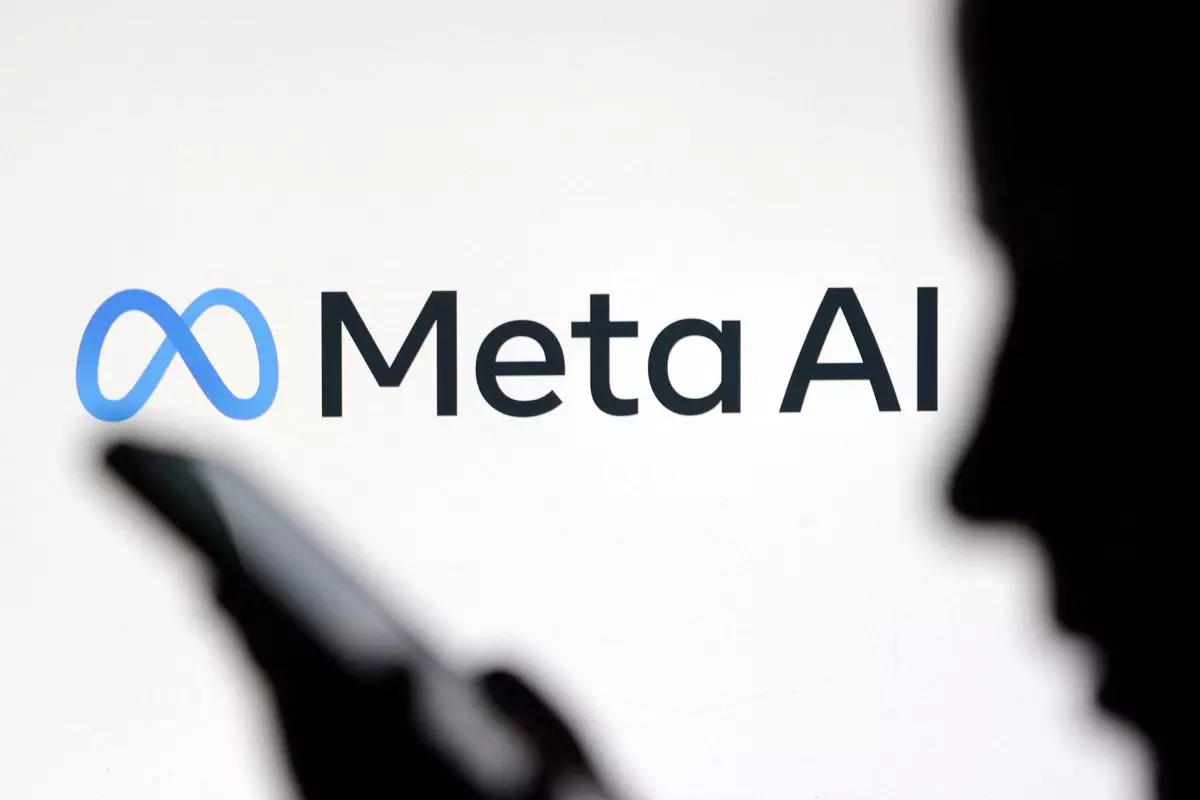In a significant step towards reshaping the landscape of artificial intelligence, Meta Platforms has announced the roll-out of new AI models, highlighting its ambition to pave the way for reduced human intervention in the AI development process. This initiative is marked by the introduction of the “Self-Taught Evaluator,” a novel concept that leverages AI’s potential to self-assess and improve, potentially foreseeing a future where AI systems learn solely from their own experiences.
The Self-Taught Evaluator operates on a technique known as “chain of thought,” similar to the methodologies utilized in OpenAI’s latest models. This approach endeavors to deconstruct intricate problems into manageable components, enhancing the model’s ability to render accurate outputs, especially in demanding fields such as science, programming, and mathematics. Notably, the evaluation model was trained exclusively on AI-generated data, a significant departure from conventional practices that heavily involve human oversight. This groundbreaking methodology raises crucial questions about the future role of human annotators in AI training.
Meta’s efforts could signal a transformative shift in AI development, enabling the creation of autonomous agents capable of self-correction and learning from past errors. The researchers involved in the project shared their belief that such self-improving models may lead to the emergence of digital assistants that can perform various tasks independently, vastly increasing efficiency and lowering costs associated with the traditional Reinforcement Learning from Human Feedback model. This existing method relies on human experts who often take on tedious and costly tasks, such as accurately labeling data and verifying complex solutions.
Jason Weston, one of the lead researchers at Meta, expressed a hopeful vision where AI systems not only reach super-human capabilities but also excel in self-evaluation processes. He posits that having an AI that can autonomously review and enhance its work could take AI technology to unprecedented levels of proficiency. The idea of a self-taught, autonomous learner is not merely a theoretical exercise; it is seen as a pivotal component on the road to achieving super-human AI performance. This ambitious vision aligns with research from other industry leaders, such as Google and Anthropic, who are also exploring the principles of Reinforcement Learning from AI Feedback (RLAIF).
As Meta releases these advanced tools, including updates to its existing models like the Segment Anything model and enhancements that streamline response generation for large language models, the implications of this development are manifold. While many organizations are cautious about publicly sharing their models, Meta’s approach may set a precedent for future AI research and collaboration. The emergence of self-taught evaluators could revolutionize how AI is developed and integrated into everyday applications, potentially redefining the parameters of human and machine interaction. This development not only highlights the technological prowess of Meta but also reflects a growing trend in the industry toward harnessing AI for AI—a concept that could reshape the future of intelligent systems.


Leave a Reply